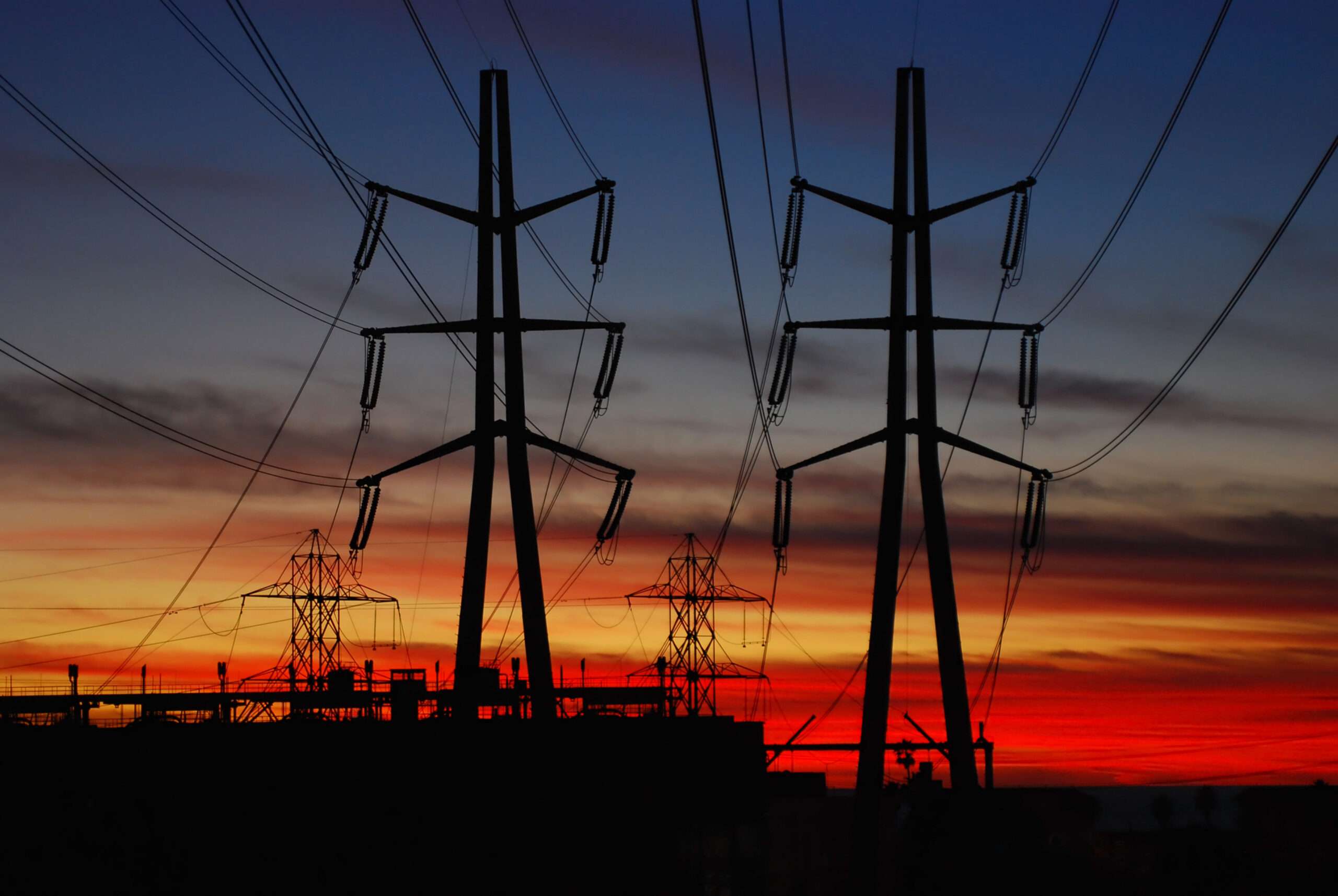...
PG&E, Southern California Edison and San Diego Gas & Electric, the three major California utilities whose services include electricity, have filed a joint proposal with the state Public Utilities Commission that sketches out proposed changes in monthly bills.
At present, those bills are primarily based on how much electricity and gas customers consume.
A new proposal would add a fixed monthly charge that would be based on the household income levels of the respective customers.
...
“The proposal recommends a qualified, independent state agency or third party be responsible for verifying customers’ total household incomes,” PG&E said in an emailed statement.
The state Public Utilities Commission will have to craft a final rate and billing structure for the three utilities. The PUC is due to make a final decision by July 2024.
...
PG&E monthly bills could jump for many customers due to new state law
Customers for California’s three major power companies — including PG&E ratepayers — can expect to see some big changes in their monthly electricity bills.
h/t:
Insane.

